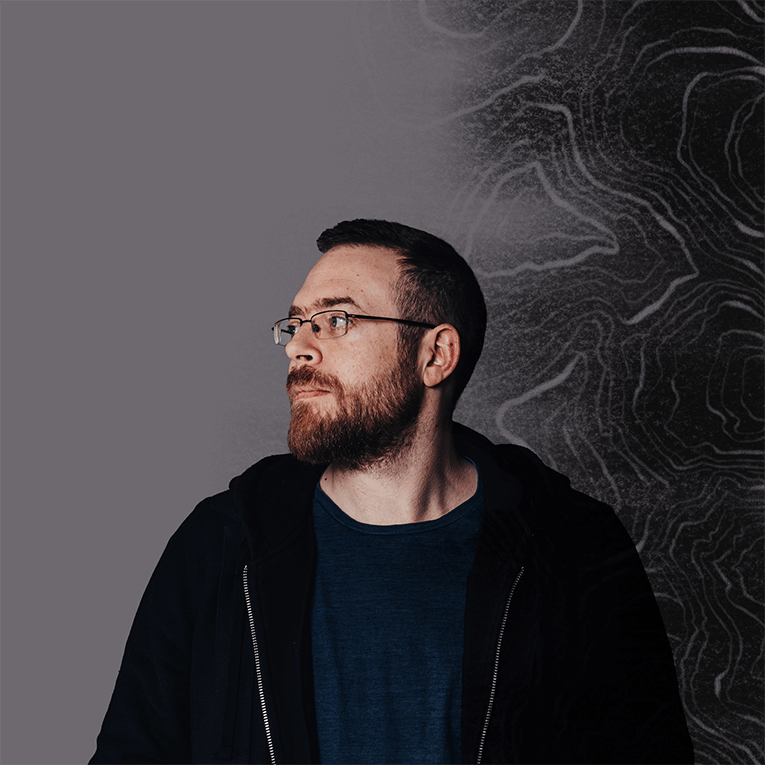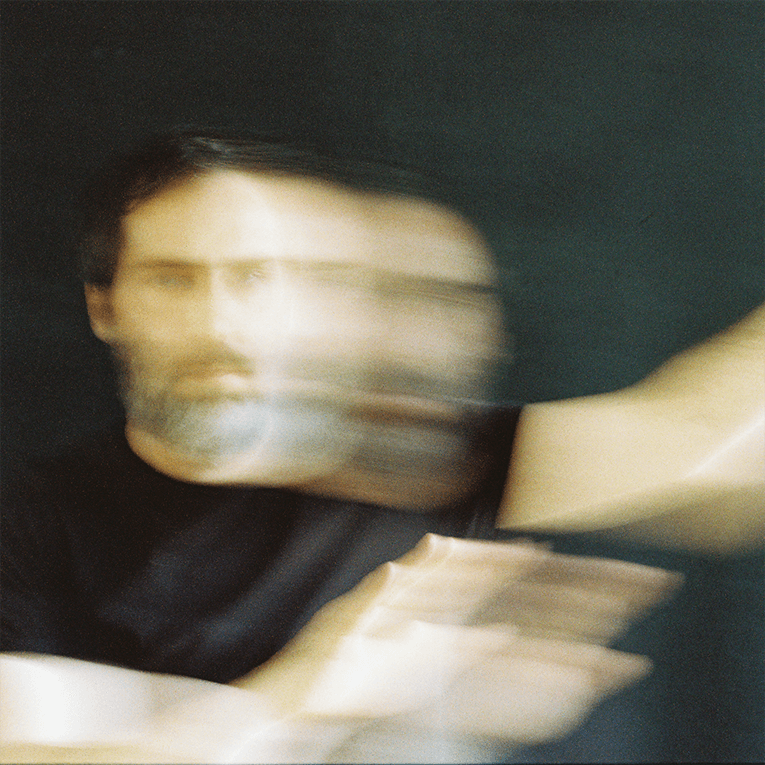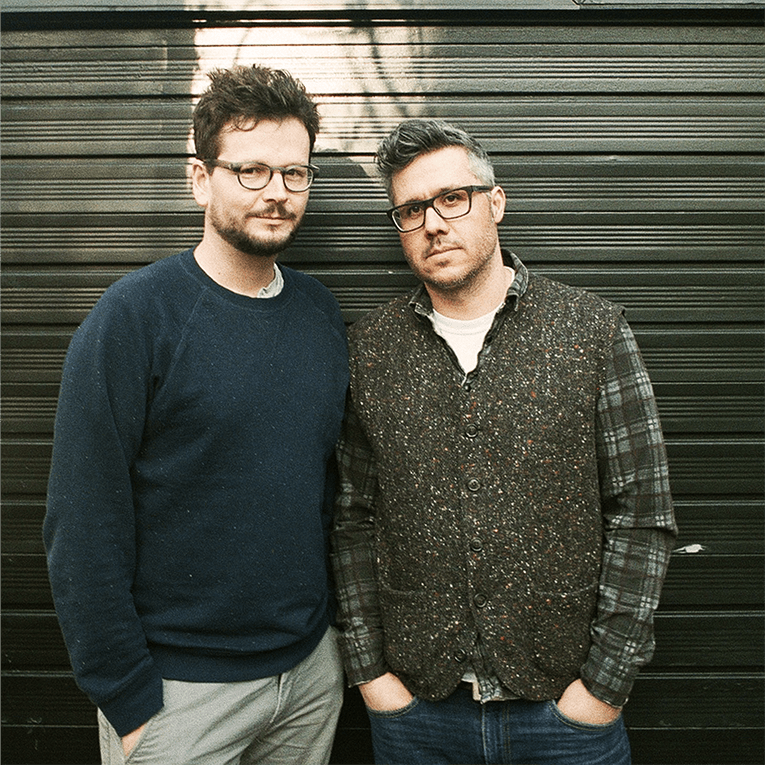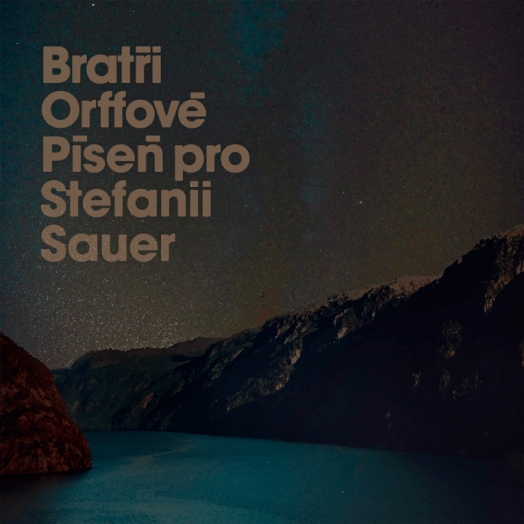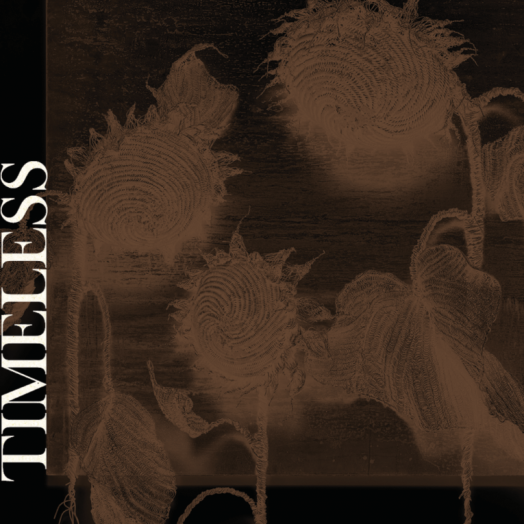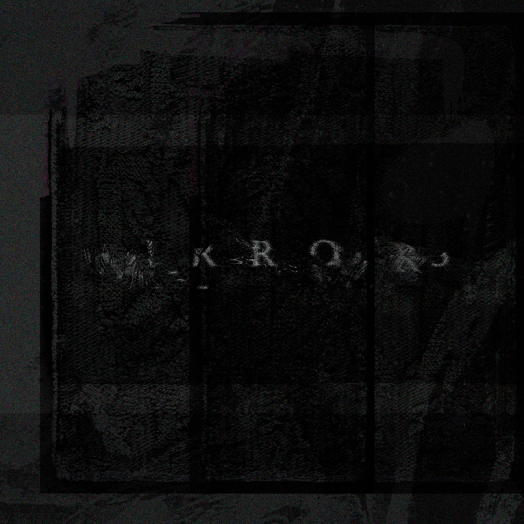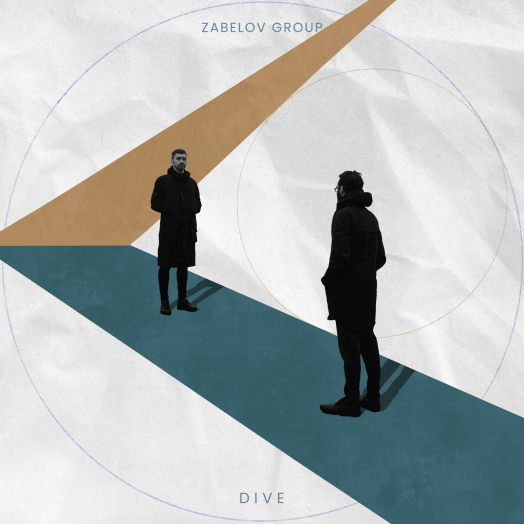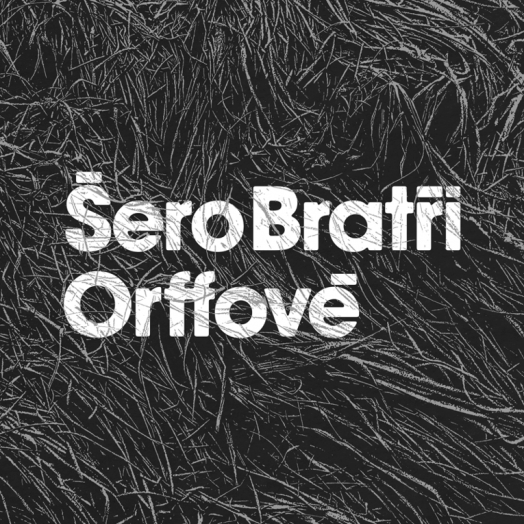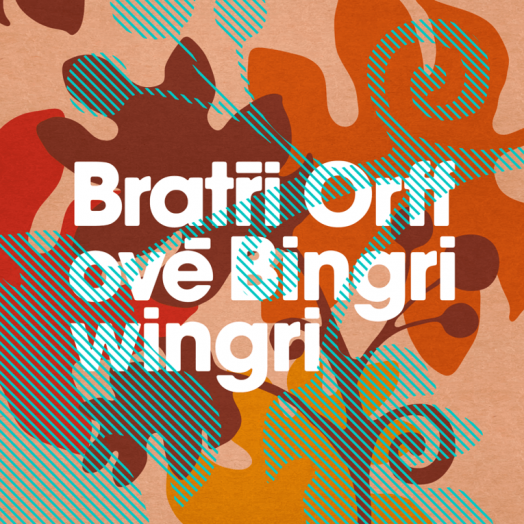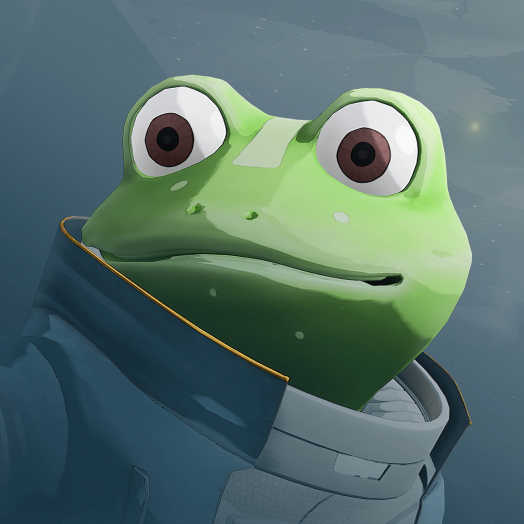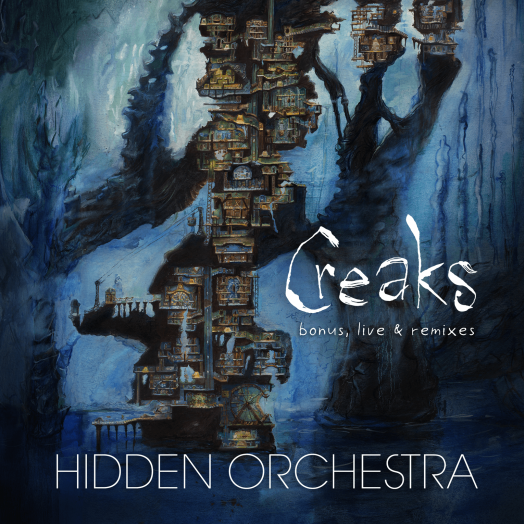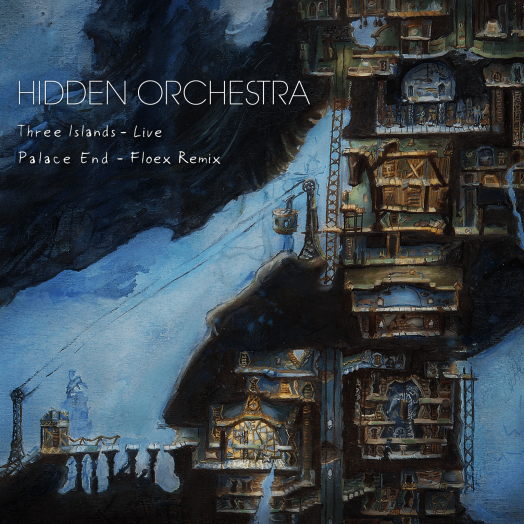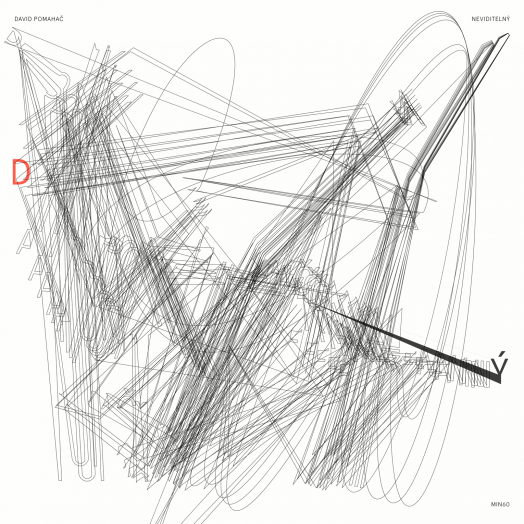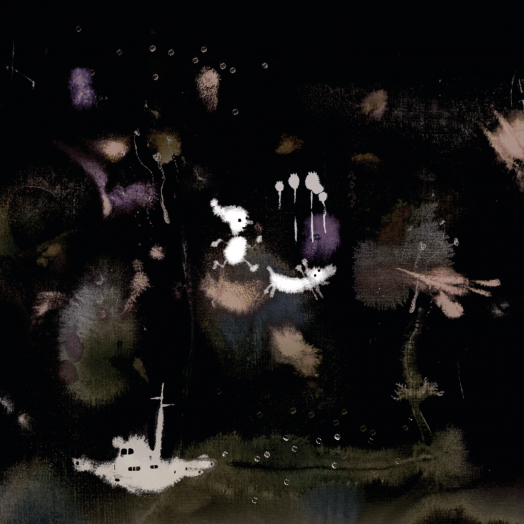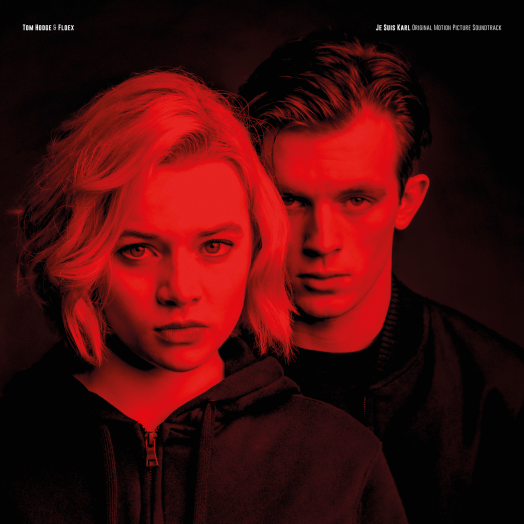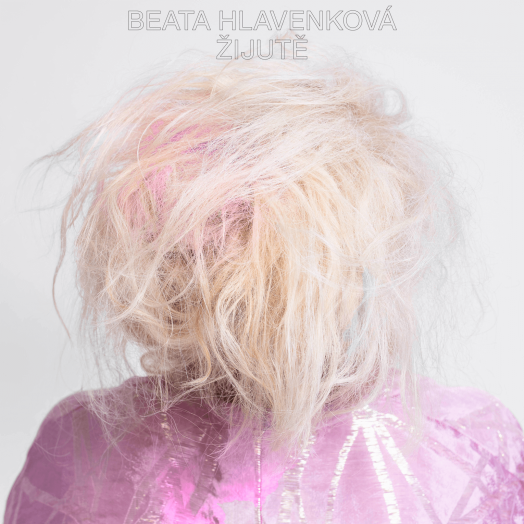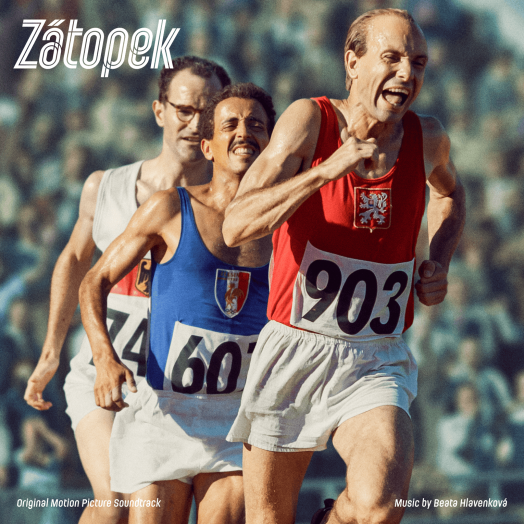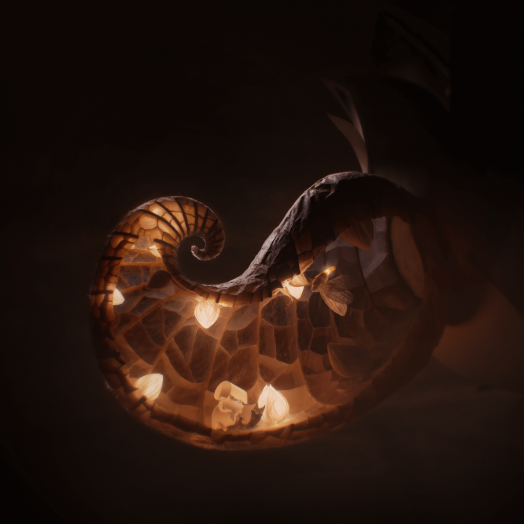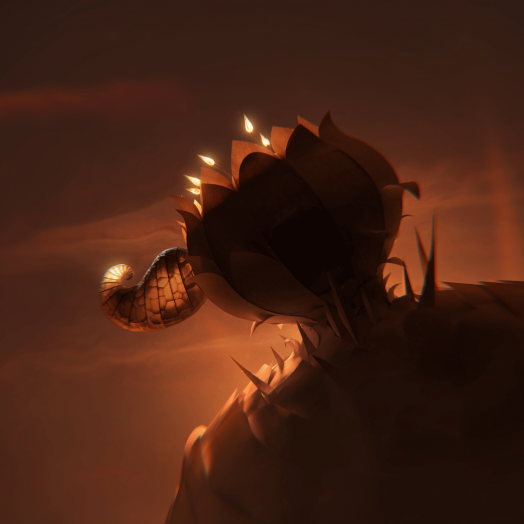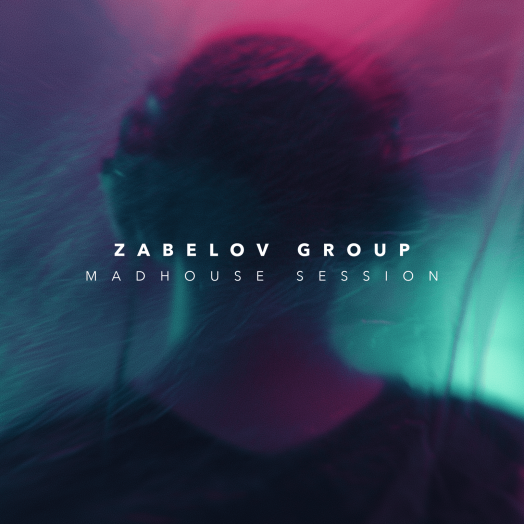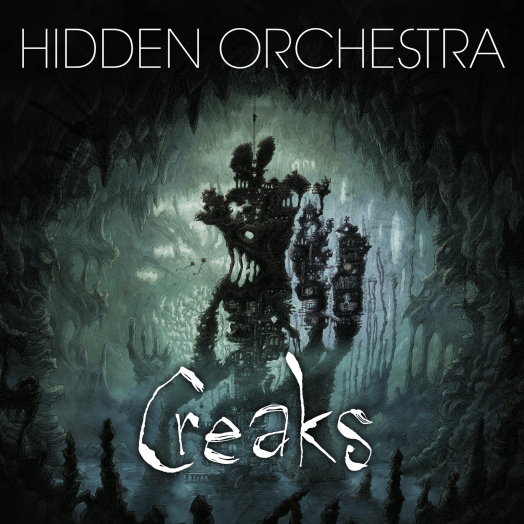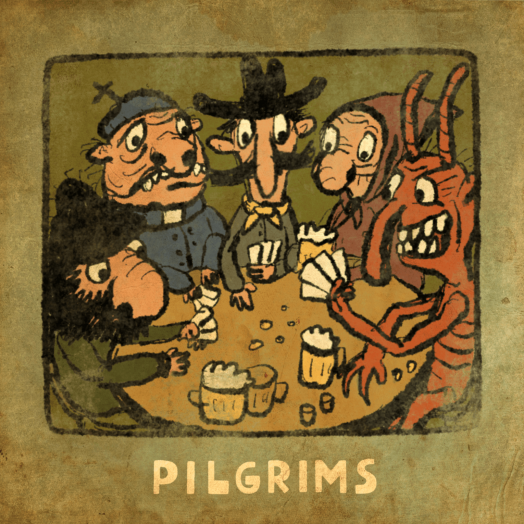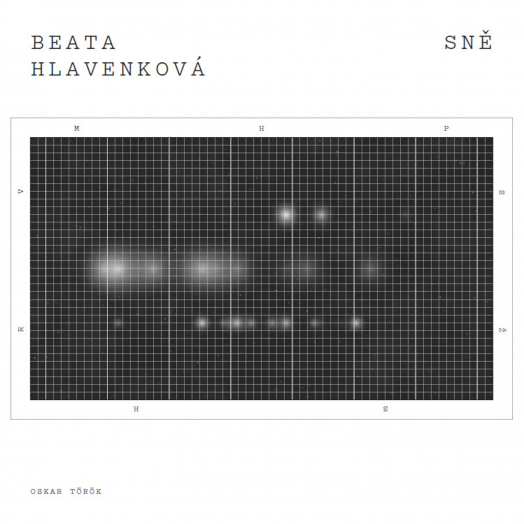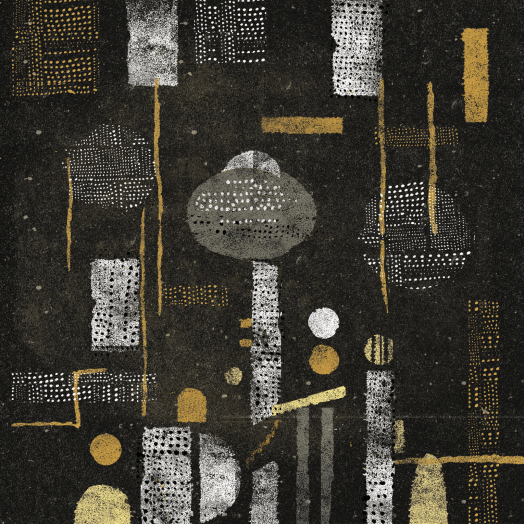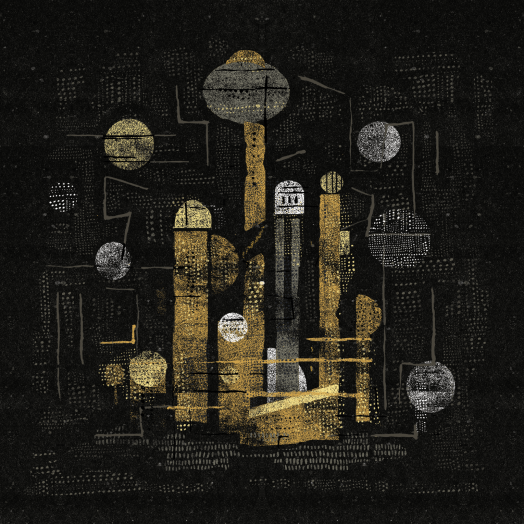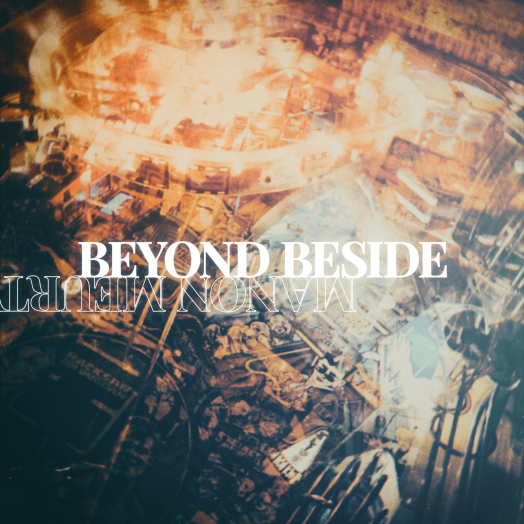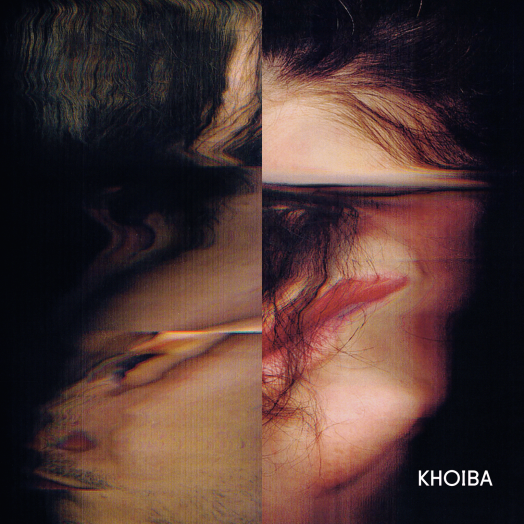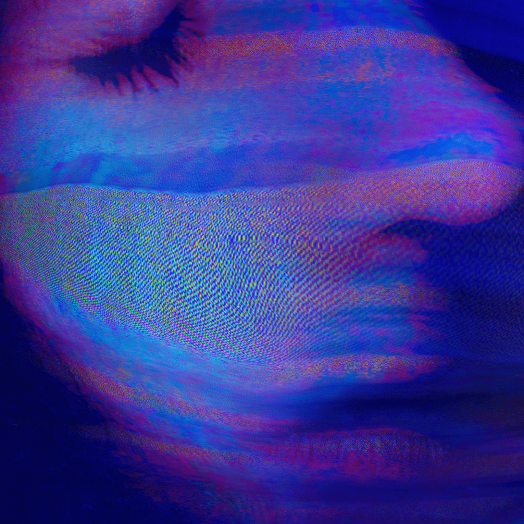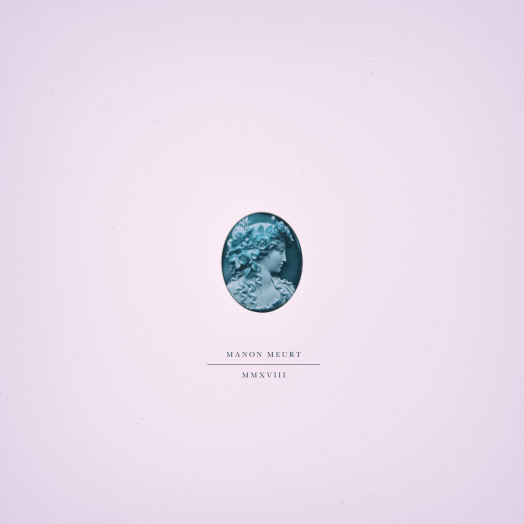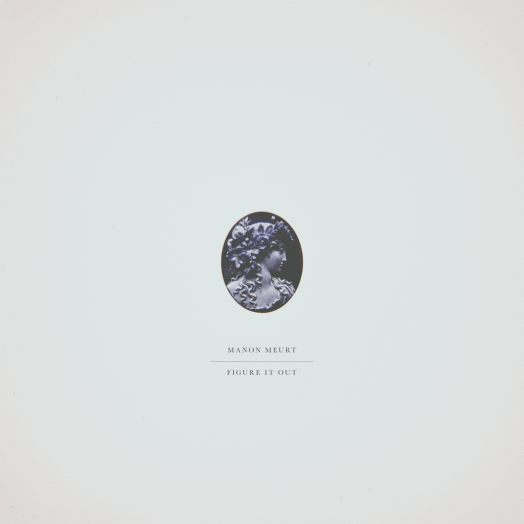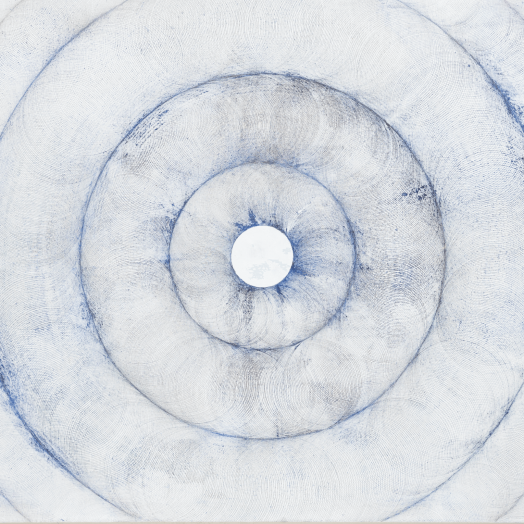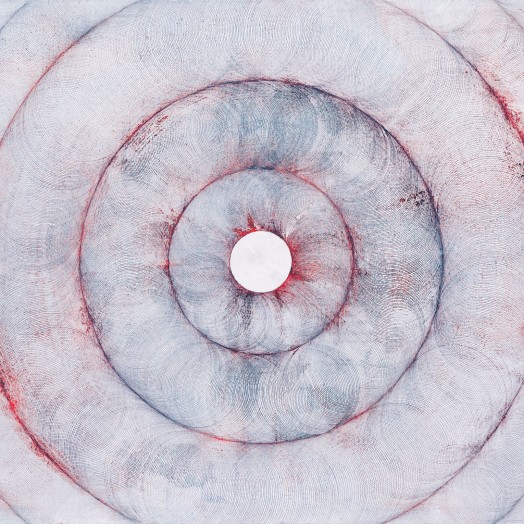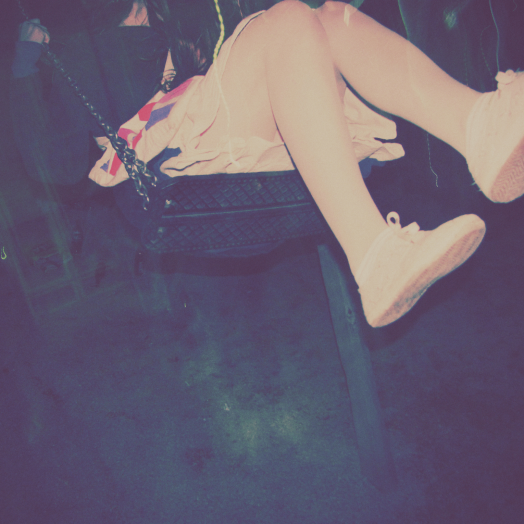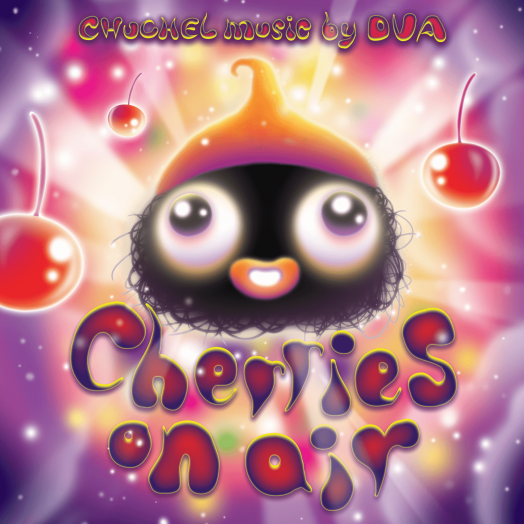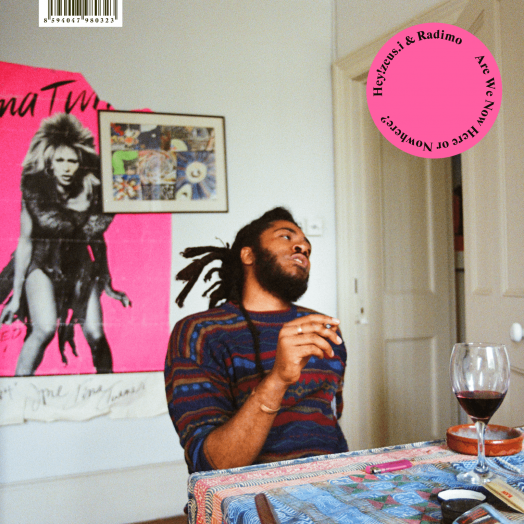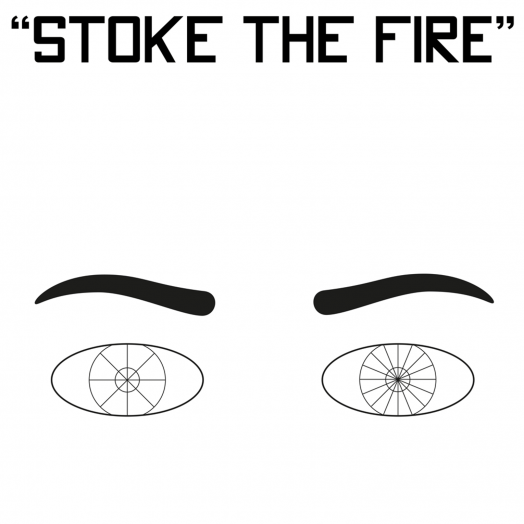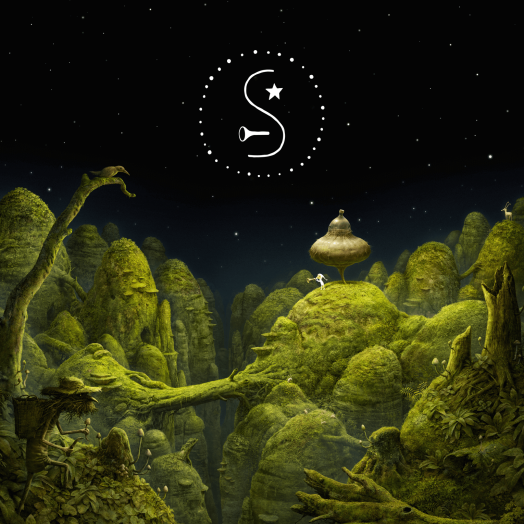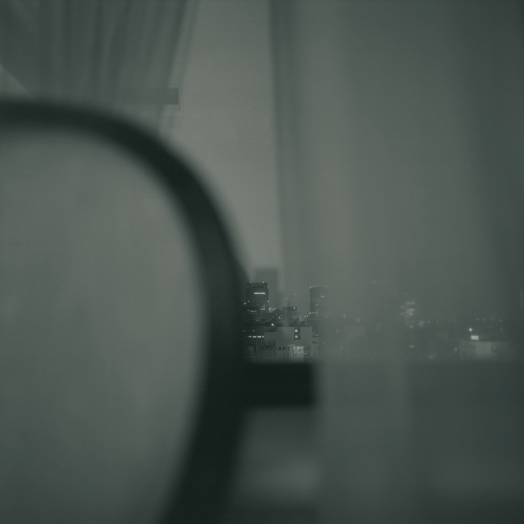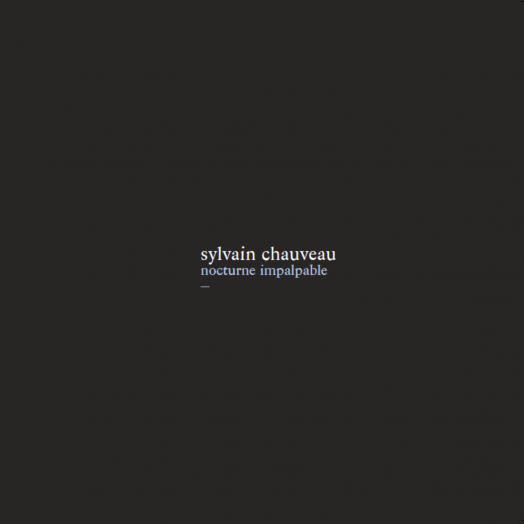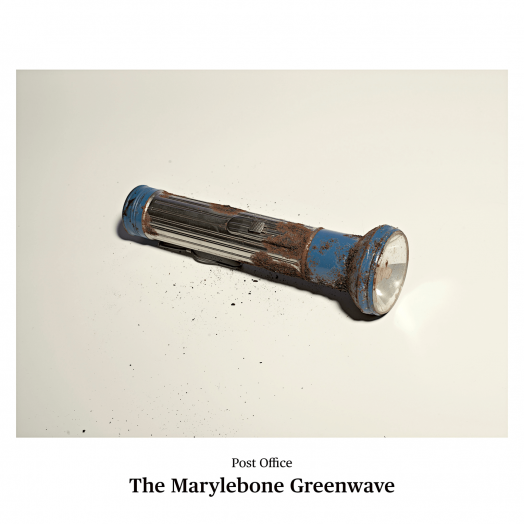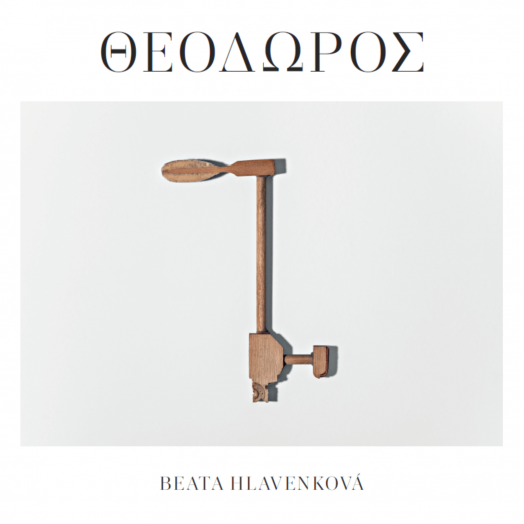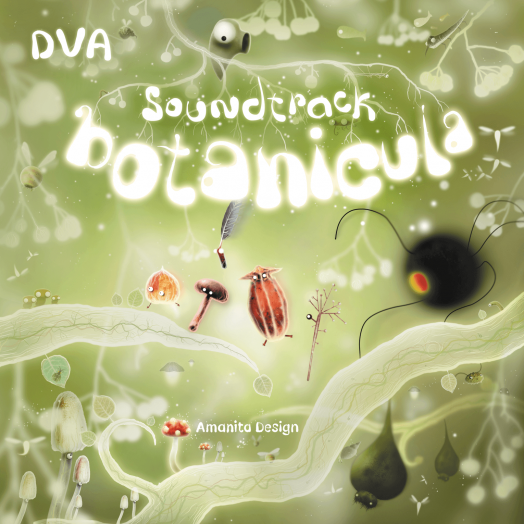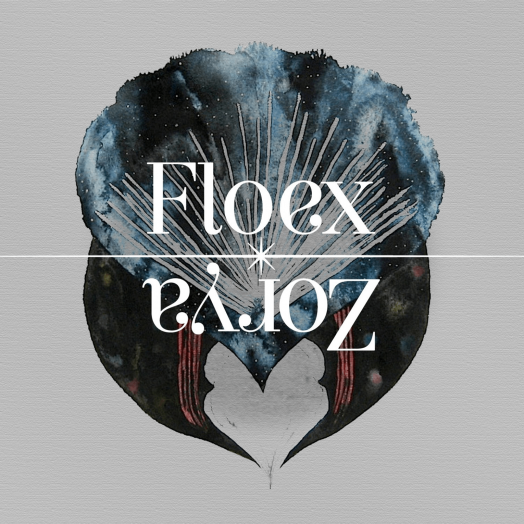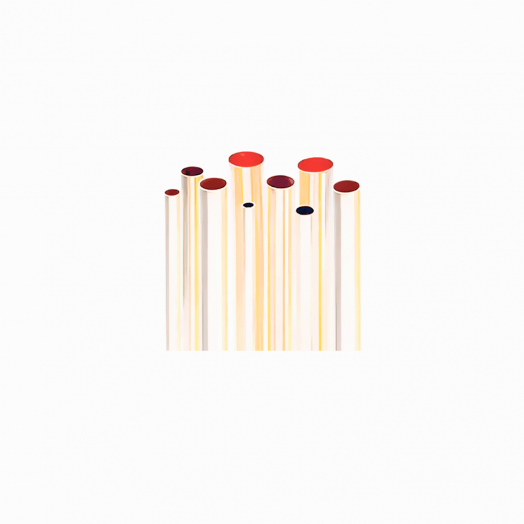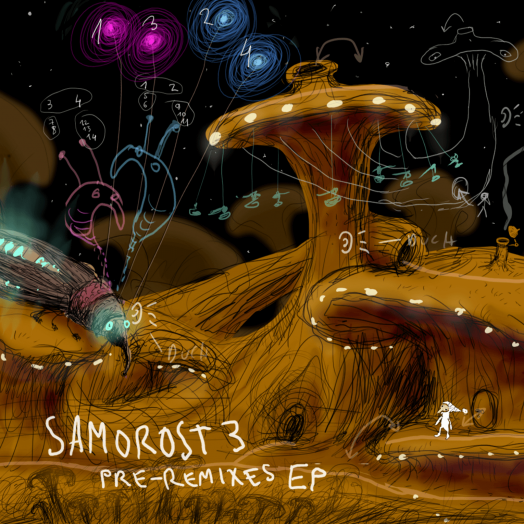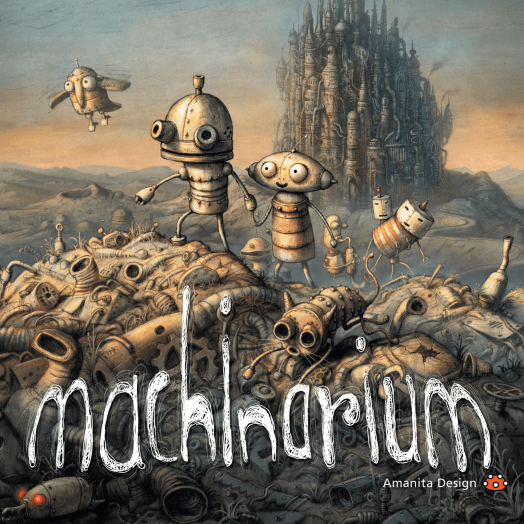Hidden Orchestra releases their new album Creaks: Bonus, Live & Remixes
Hidden Orchestra releases their new album Creaks: Bonus, Live & Remixes with their previously unreleased tracks, remixes and reworked compositions from the soundtrack to the award-winning platform game Creaks by the Amanita Design studio. The album is a follow-up to their record Creaks Soundtrack from 2020.
Hidden Orchestra is a project of the British composer, multi-instrumentalist and producer Joe Acheson. He works with various musical influences and invites a diverse range of artists to join in the production, only to create his “hidden orchestra”.
“So much great music was made for Creaks that it all just couldn’t fit on the original record. Even the fans noticed that, after all, they were missing several tracks from the game on the original soundtrack. It was Joe himself who came up with the idea at the beginning of the year. Originally, it was supposed to have been a collection of bonus tracks, but gradually, the concept took on a life of its own and resulted in a bigger and more interesting record,” Jakub Dvorský, the founder of Amanita Design, says.
Creaks: Bonus, Live & Remixes brings seven previously unreleased tracks from the original Creaks Soundtrack, two extensive reworked versions for a live band and seven remixes from diverse artists such as Floex, Poppy Ackroyd, Ben Lukas Boysen or ZKA4T.
The live versions of the compositions Bridges and Three Islands were recorded in May 2022 in the Luxembourgish monastery space Neimënster with the current line-up of the Hidden Orchestra consisting of Joe Acheson on the bass and electronics, Jamie Graham on the drums, the clarinettist Jack McNeil and the cellist Rebecca Knight. The studio mix was created by the engineer Tim Southorn. In the newest incarnation of the Hidden Orchestra, the emphasis is moving from a precise replica of studio tracks to focus on energy and emotions of the given material.
The game Creaks received both the award Czech Game of 2020 and Czech Game of the Year in the Audiovisual Design category, the Anifilm 2021 award for the best visual art in a computer game, the CEEGA 2020 award for games from Central and Eastern Europe for the best visual design. Creaks was nominated for the prestigious Golden Joystick Awards for best independent game and it received two nominations at the Brazilian gaming festival BIG Festival for best visual design and best story.
The compositions from Creaks will also be played at the concert of Hidden Orchestra at the EFG London Jazz Festival in the London Queen Elizabeth Hall on November 20.
